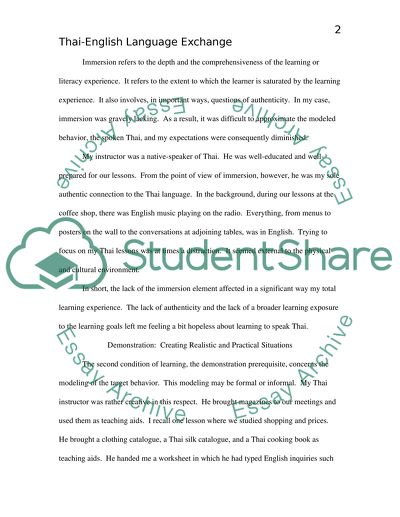Cite this document
(“Personal narrative Essay Example | Topics and Well Written Essays - 2000 words”, n.d.)
Retrieved from https://studentshare.org/miscellaneous/1514375-personal-narrative
Retrieved from https://studentshare.org/miscellaneous/1514375-personal-narrative
(Personal Narrative Essay Example | Topics and Well Written Essays - 2000 Words)
https://studentshare.org/miscellaneous/1514375-personal-narrative.
https://studentshare.org/miscellaneous/1514375-personal-narrative.
“Personal Narrative Essay Example | Topics and Well Written Essays - 2000 Words”, n.d. https://studentshare.org/miscellaneous/1514375-personal-narrative.


